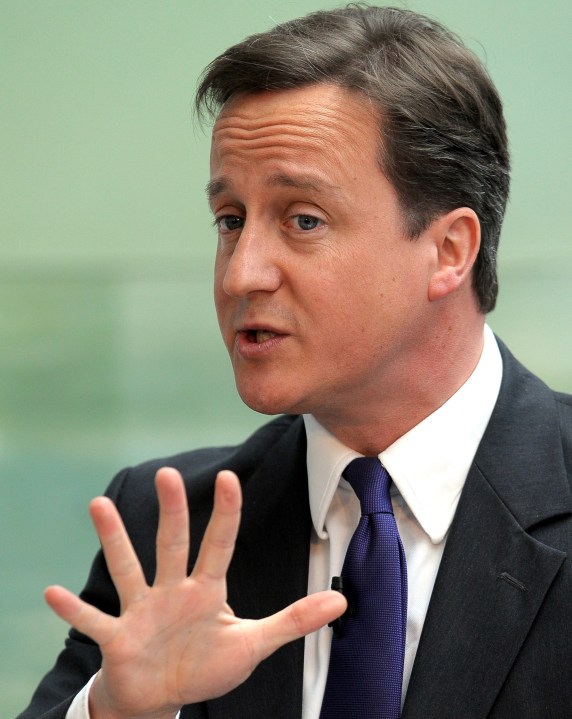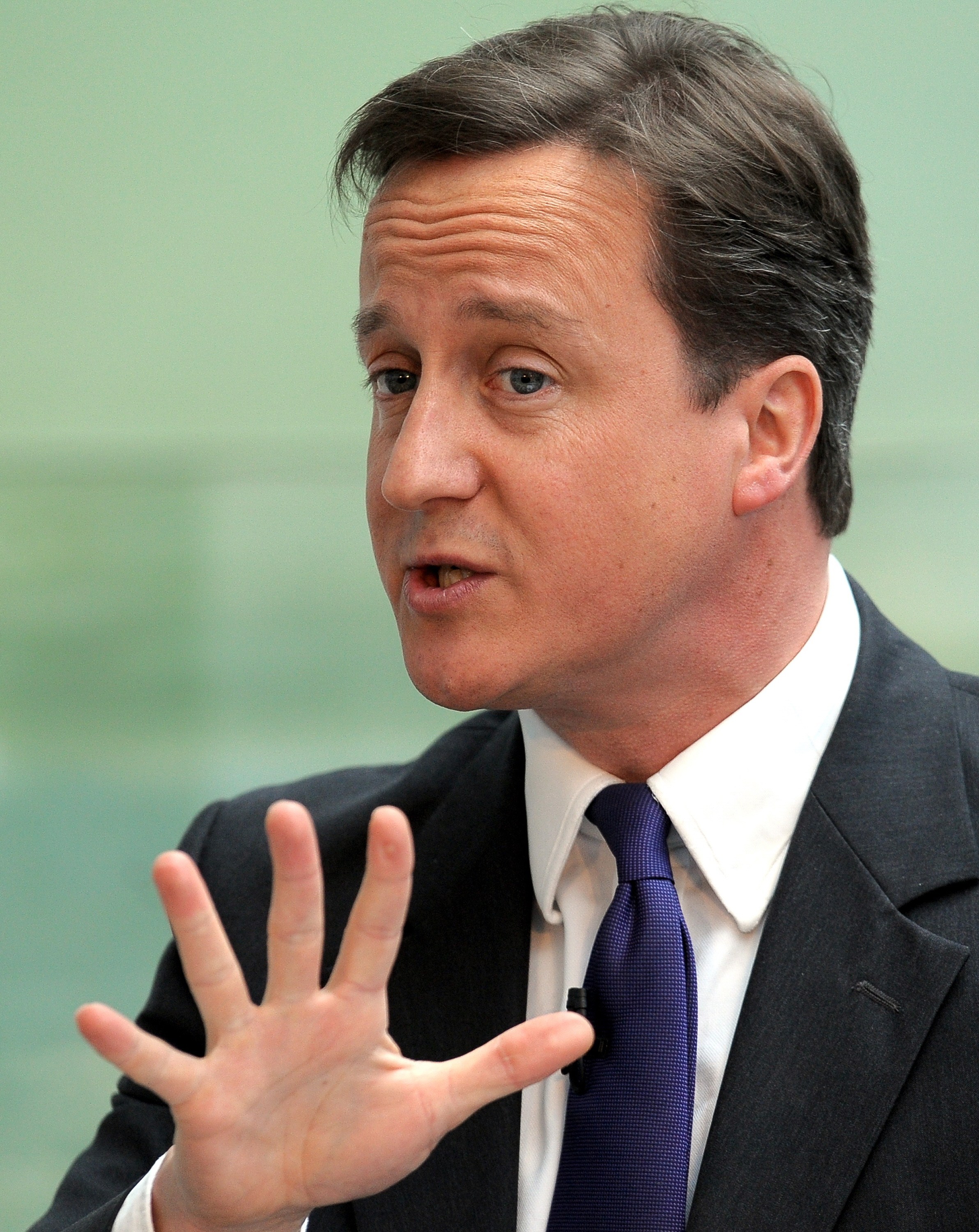 You’ve got to hand it to him: David Cameron knows when to dish out the charm. Just days
on from news about cuts to their pay-offs, he is today giving a speech to
civil servants in which he purrs that they “the envy of the world”. Not that he withholds the stick, though. The meat of the speech is a series of measures designed to make the
operations of Whitehall more transparent and its actors more accountable. Which, lest it need saying, is something I’m all in favour of.
You’ve got to hand it to him: David Cameron knows when to dish out the charm. Just days
on from news about cuts to their pay-offs, he is today giving a speech to
civil servants in which he purrs that they “the envy of the world”. Not that he withholds the stick, though. The meat of the speech is a series of measures designed to make the
operations of Whitehall more transparent and its actors more accountable. Which, lest it need saying, is something I’m all in favour of.
But it’s worth noting that much of this “post-bureaucratic” agenda will still require strong central control to work properly. Take Cameron’s proposal to make departments publish “structural reform plans,” setting out their objectives and progress towards meeting them. The idea is that this will make chief civil servants more accountable to the public. But notwithstanding Tory plans for directly-elected police commissioners and the like, most of those civil servants will remain unelected. So the public can moan about Whitehall performance all they like, but the real power to deal with the responsible parties will still lie within the system. Not necessarily a bad thing – but it does mean there’s doubt about whether public pressure will translate into anything meaningful.
There’s a similar dynamic with everything from the government’s plans to publish data on public spending to the roll-out of Gove’s schools agenda. To make these decentralising programmes work – at least to start off with – the coalition will have to keep its hand firmly on the tiller. This may seem like a bitter irony, but look on it more as government getting a grip. A necessary process.







Comments